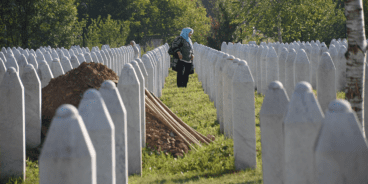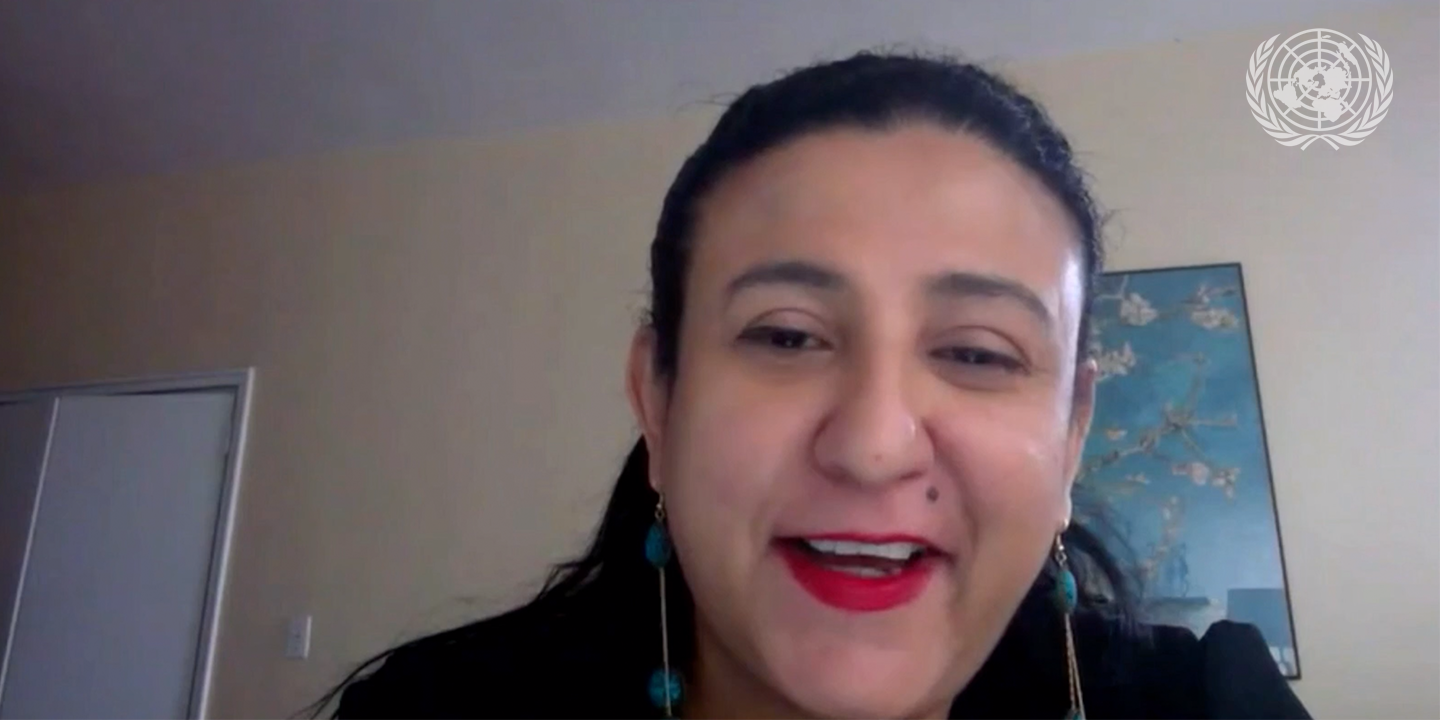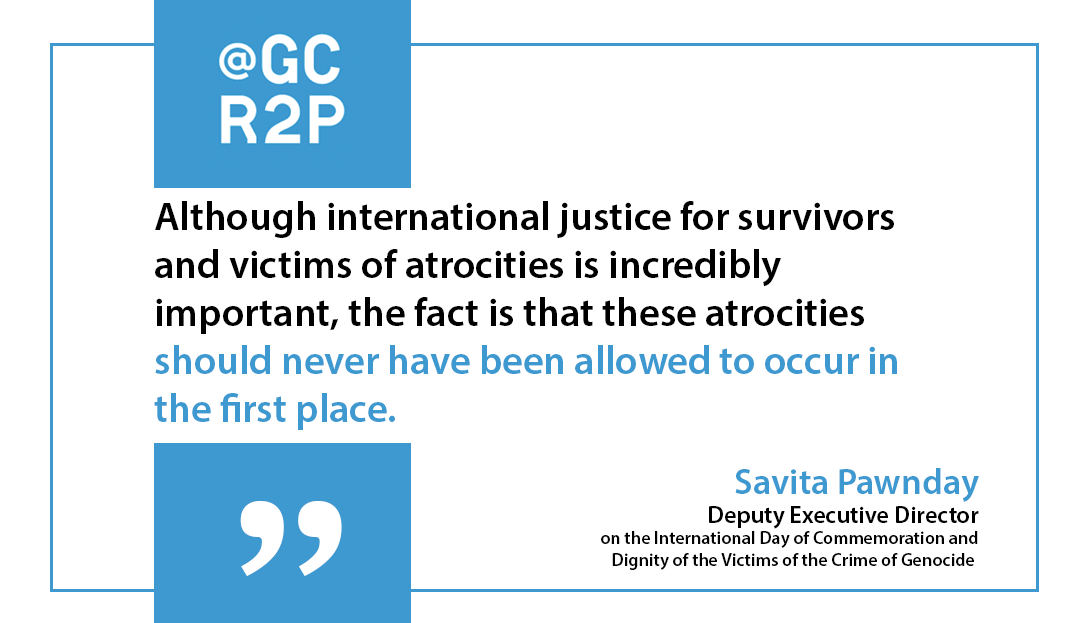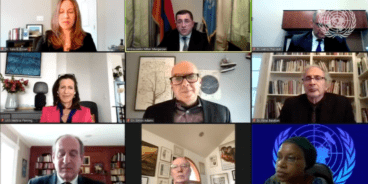

Remarks on the International Day of Commemoration and Dignity of the Victims of Genocide and of the Prevention of this Crime, 2020
Remarks delivered by Ms. Savita Pawnday, Deputy Executive Director of the Global Centre for the Responsibility to Protect, on 9 December 2020 at a virtual event marking the 72nd Anniversary of the Convention on the Prevention and Punishment of the Crime of Genocide and International Day of Commemoration and Dignity of the Victims of the Crime of Genocide and of the Prevention of this Crime, UN Headquarters
Thank you to the UN Joint Office on Genocide Prevention and the Responsibility to Protect for hosting today’s event. I join others in welcoming the new Special Advisor for the Prevention of Genocide, Alice Wairimu Nderitu. We look forward to working with you.
Every year on 9 December we mark the International Day of Commemoration and Dignity of the Victims of Genocide and of the Prevention of this Crime. This annual day of commemoration is an opportunity for all members of the international community to honor the victims of this most unconscionable crime.
We should do so by keeping in mind that from the genocide inflicted on the Herero and Nama people of Namibia or upon the Armenians during the early half of the twentieth century, to ongoing attempts to destroy entire peoples today, genocide is crime that must be organized and incited. And that means that it can also be prevented and punished.
Sadly, since 2015 when the UN General Assembly authorized the establishment of this International Day of Commemoration, we have witnessed the genocide against the Rohingya in Myanmar, and we continue to discover new evidence surrounding the genocide perpetrated by the so-called Islamic State against the Yazidi minority in Iraq.
The lawsuit filed by The Gambia at the International Court of Justice against Myanmar for violating its obligations under the Genocide Convention is a historic and precedent-setting achievement in upholding the rule of law in the aftermath of atrocities. The provisional measures ordered by the ICJ specifically recognize that the Rohingya remain extremely vulnerable and aim to protect them from further genocidal acts. Similarly, as mentioned by Mr. Karim Khan, UNITAD is playing a crucial role in ending impunity for alleged perpetrators of the genocide against the Yazidi. UNITAD is also working to restore dignity to survivors, victims and families via psychosocial support and ceremonies during exhumations of mass graves.

Although international justice for survivors and victims of atrocities is incredibly important, the fact is that these atrocities should never have been allowed to occur in the first place. Today’s commemoration takes place 15 years after the adoption of the principle of the Responsibility to Protect at the UN World Summit. Today we should renew our commitment to the prevention of genocide and other atrocities.
Atrocity crimes, including genocide, are not random incidents. There are a range of early warning signs that should act as alarms for the international community. These opportunities for prevention must be effectively seized. Individual member states and UN bodies, particularly the UN Security Council, must summon the political will to take bold action to prevent atrocities.
As the Global Centre has continually emphasized, the sentiment of “never again” was not intended to be a silent prayer – rather, it was a demand by the survivors of the Holocaust that subsequent generations actively prevent mass atrocities.
Therefore, as we remember all victims of genocide and commemorate the anniversary of the Genocide Convention, let us remember that the international community has an enduring moral and political responsibility to protect the world’s most vulnerable populations. This solemn responsibility must be upheld with consistency, with courage and without exception.
Thank you.
Related Content

